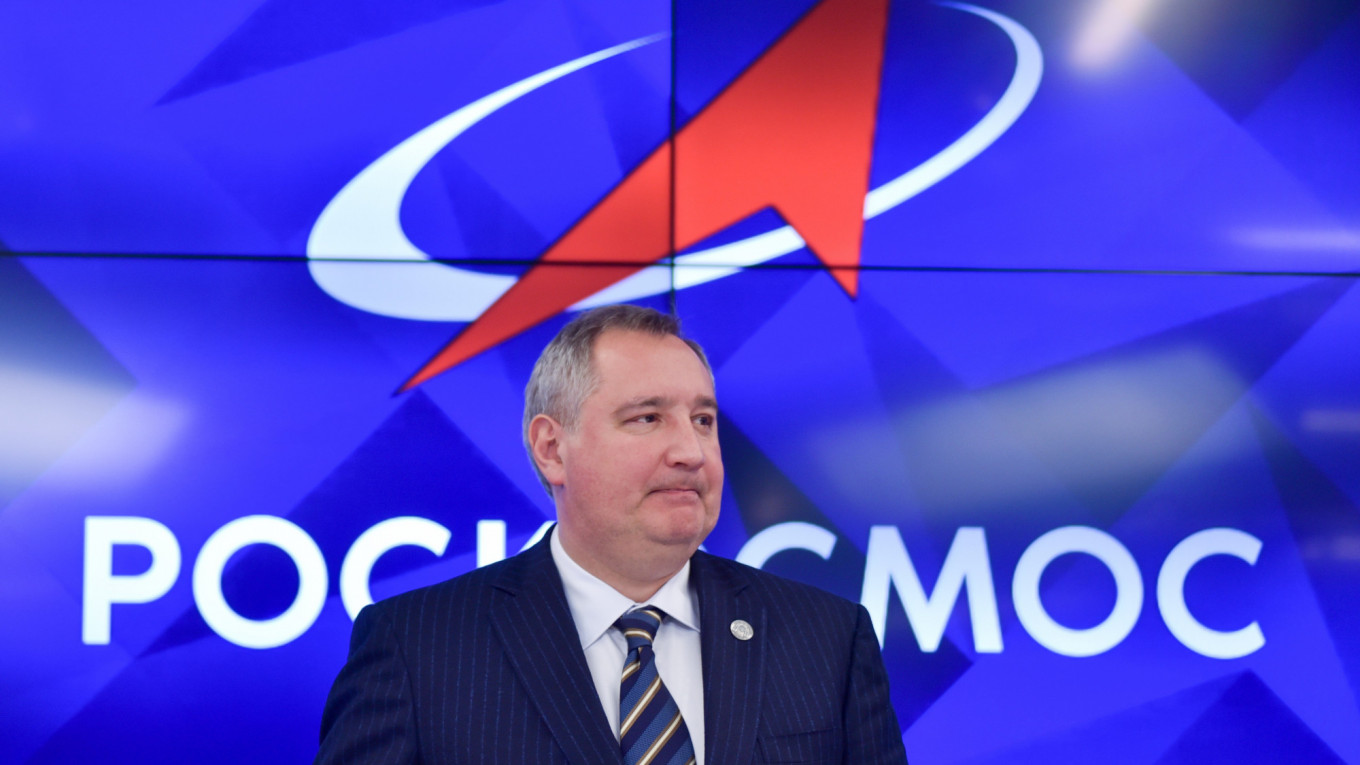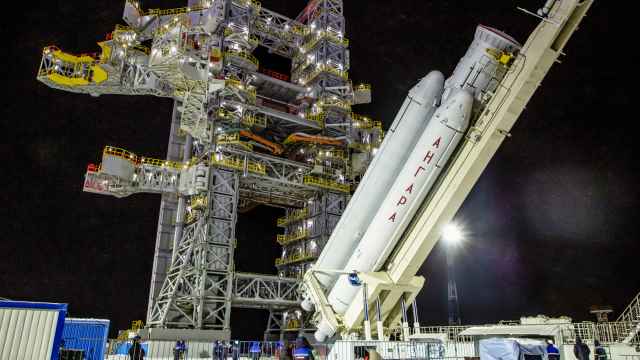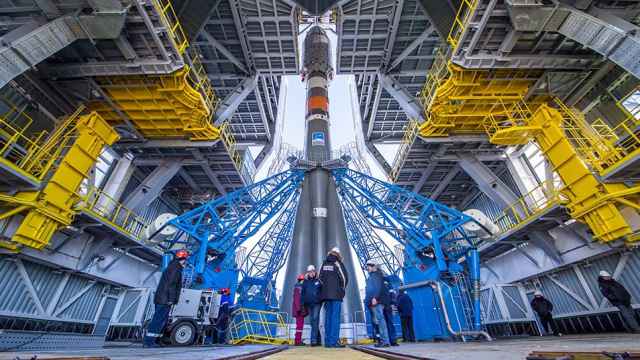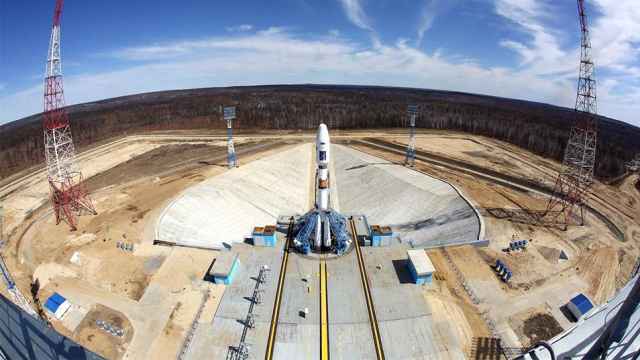Russia’s Federal Security Service (FSB) has published a list of military information that is off-limits to foreigners on national security grounds, including nearly every aspect of state space agency Roscosmos that has been plagued by corruption scandals in recent years.
The draft list is not classified but the FSB, acting on President Vladimir Putin’s orders, argues it can be used against Russia by foreign states and organizations.
Among the 61 items on the list, the banned information includes problems that “hinder the development” of Roscosmos; its target programs, funding and deadlines; as well as data on the technical condition and readiness of cosmodromes and other space facilities.
Russia’s space sector has been mired in corruption in recent years, including multimillion-dollar graft during the construction of the new Vostochny cosmodrome in the Far East, a facility that was meant to become a crowning jewel of the country’s space program.
The Kremlin itself has estimated that 11 billion rubles ($150 million) of the 91 billion rubles allocated for Vostochny had been stolen and several officials involved in the project have been jailed.
Prosecutors have said they have uncovered a fraction of $1 billion fraud involving Roscosmos and other state-run space and defense corporations detected in 2018 alone.
In addition to Roscosmos, the FSB has made security officers’ personal data, information on troop movements and military morale off-limits to foreign citizens and entities.
The draft’s full title is “List of information on military and Russia’s military-technical activities that can be used against Russian security by a foreign state, its state bodies, an international or foreign organization, foreign citizens or stateless persons.”
A law on countering threats to national security that Putin signed on Dec. 30, 2020, labels any Russian or foreign citizen who obtains that information a “foreign agent.”
The president signed that law days after claiming that former journalist Ivan Safronov was arrested on treason charges because of activities related to his two-month employment at Roscosmos.
The Kremlin later walked back the claim after Roscosmos said Safronov’s treason charges, which carry a maximum prison sentence of 20 years, date back years before Roscosmos chief Dmitry Rogozin appointed the reporter as his adviser.
A Message from The Moscow Times:
Dear readers,
We are facing unprecedented challenges. Russia's Prosecutor General's Office has designated The Moscow Times as an "undesirable" organization, criminalizing our work and putting our staff at risk of prosecution. This follows our earlier unjust labeling as a "foreign agent."
These actions are direct attempts to silence independent journalism in Russia. The authorities claim our work "discredits the decisions of the Russian leadership." We see things differently: we strive to provide accurate, unbiased reporting on Russia.
We, the journalists of The Moscow Times, refuse to be silenced. But to continue our work, we need your help.
Your support, no matter how small, makes a world of difference. If you can, please support us monthly starting from just $2. It's quick to set up, and every contribution makes a significant impact.
By supporting The Moscow Times, you're defending open, independent journalism in the face of repression. Thank you for standing with us.
Remind me later.






